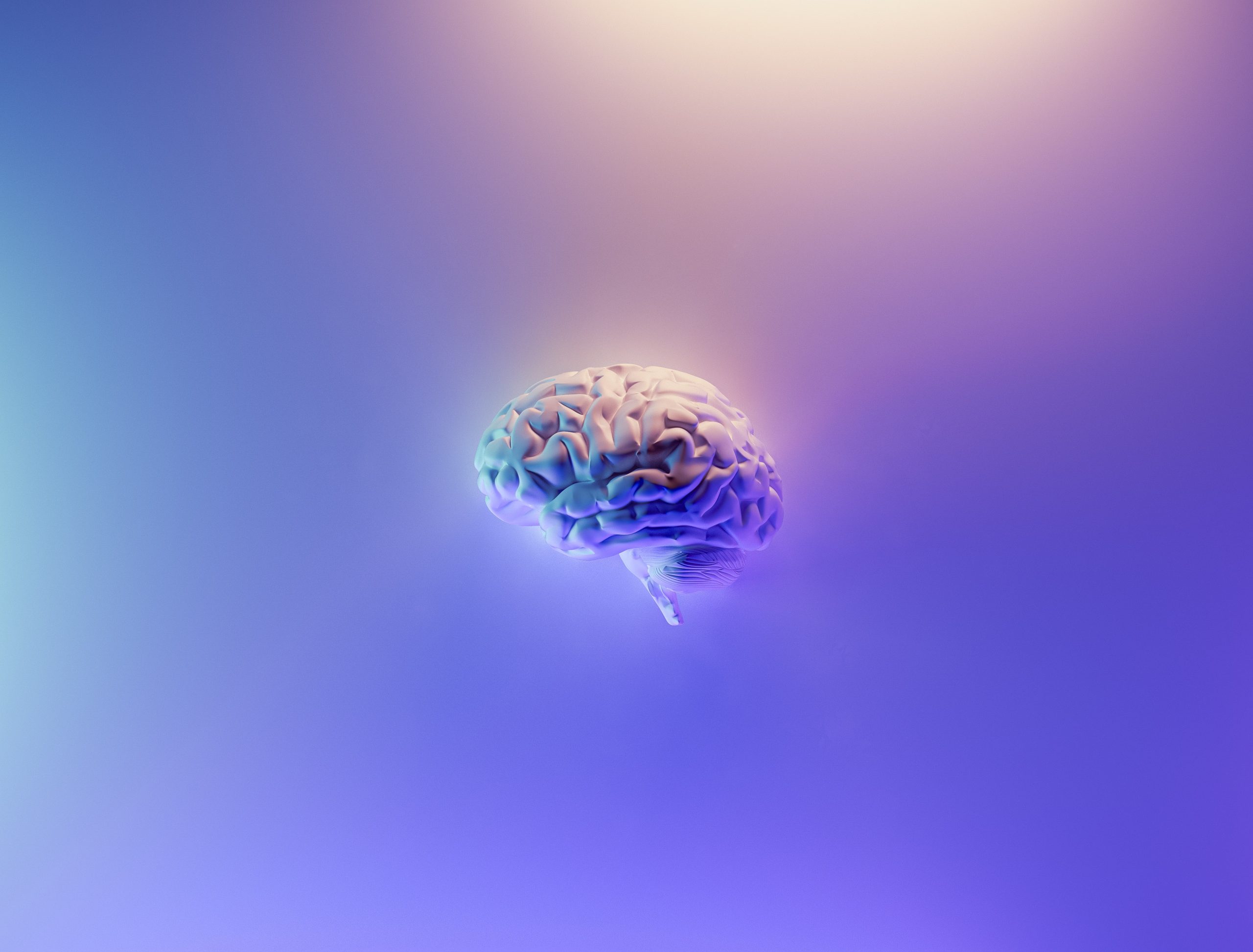Advances in neuroscience and technology have enabled researchers to delve deeper into the workings of the brain and to uncover new insights into consciousness. Studies using brain imaging techniques, such as functional magnetic resonance imaging (fMRI) and electroencephalography (EEG), have revealed patterns of brain activity that are associated with conscious awareness.
However, despite these advances, the nature of consciousness remains elusive. Some scientists argue that consciousness is an emergent property of the brain, arising from the complex interactions of neurons and other brain cells. Others suggest that consciousness may be a fundamental aspect of the universe itself, independent of the brain.
As journalists, it is our role to report on the latest research and insights into the science of consciousness, while also acknowledging the complex and nuanced nature of this topic. We must approach this subject with an open mind, avoiding sensationalism or oversimplification, while also recognizing that there is much we do not yet understand about consciousness.
We can explore this topic by interviewing leading researchers and experts in the field, as well as individuals who have experienced altered states of consciousness, such as through meditation or psychedelics. We can also examine the ethical implications of advances in consciousness research, including issues related to privacy, personal identity, and the potential for misuse of this knowledge.
By delving into the science of consciousness, we can gain a deeper understanding of what it means to be human, and the profound mysteries that lie at the heart of our own experience of the world.




